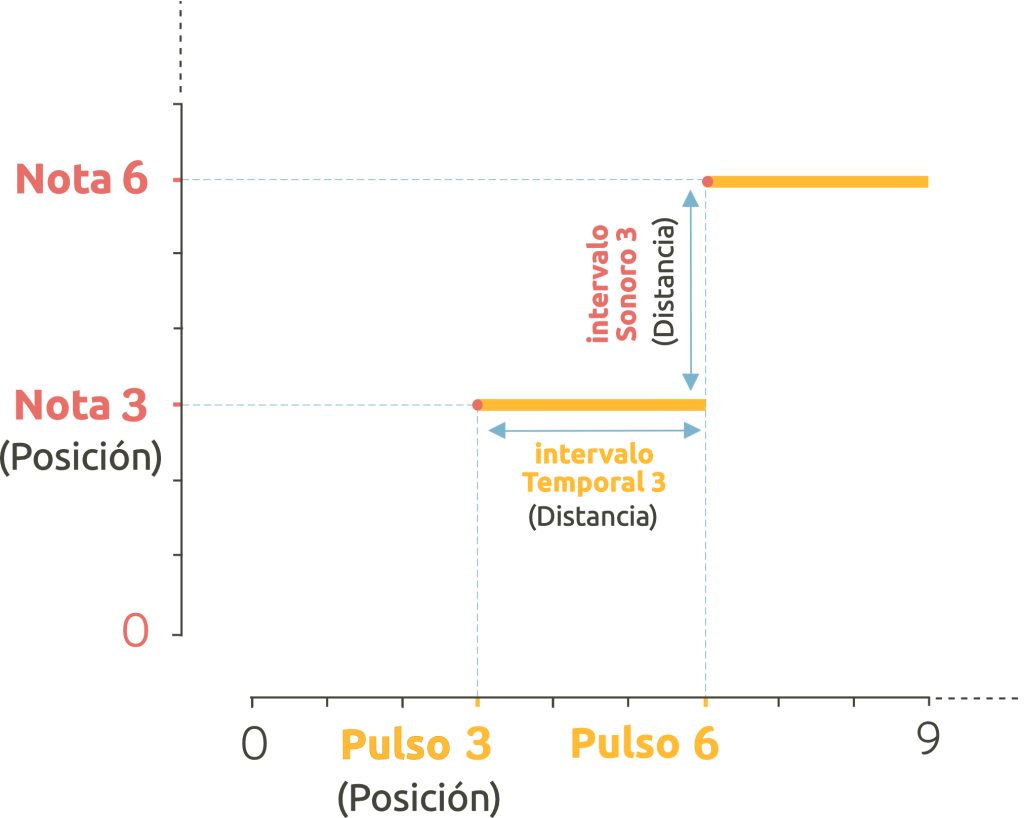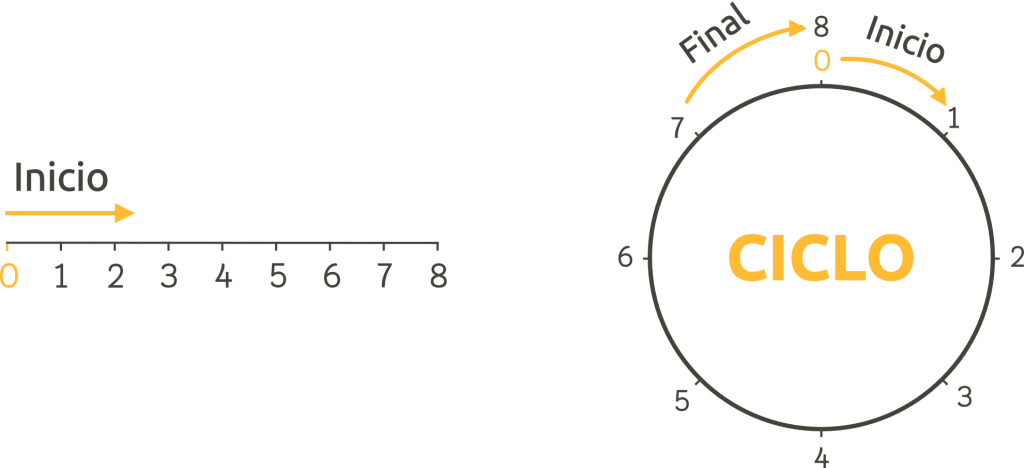The numbers
If we pay attention, we can observe that the presence of numbers in our daily life is constant: they help us to organize our life, and they serve us to describe both nature and the artificial world we build.
The language of numbers is universal, since it is present in all cultures and we all understand it. The same could be said of the language of music, so both are common languages among the people of the planet: can you imagine the potential of uniting both languages?

Music is an artistic phenomenon that we can describe through natural numbers and their proportions.
Moreover, the numbers have no ideology and are not tied to a specific era or style; they are neutral in that sense, and we can use them for any piece of music, regardless of its style or era.
If we continue to dig deeper, one of the characteristics of music is that it is
abstract
it can neither be grasped nor seen. To understand abstractions, clarity is essential, and it is here where numbers make another valuable contribution to the language of music, being an instrument of great precision and concreteness, which is essential to provide us with detailed information describing the music.
On the other hand, when we use numbers in music we discover their great flexibility, since they serve us for a great number of things: defining elements and their distances, conceiving rhythms with all their complexities, defining heights of sounds, patterns or scales, performing basic arithmetic operations…

Numbers, in addition to measuring the physical and objective world, and despite the fact that they have sometimes been socially branded as «cold or difficult», have also been used as symbols that represent different immaterial aspects of the human being, such as our personality, or we could even play to relate them to emotions… in this sense the NUZIC system claims a more human look towards numbers, proposing to rediscover their meaning by linking them to music, because as we said at the beginning, numbers are already in the music; NUZIC only puts them in the «first row».
THE NUMBER ZERO
The concept and use of the number 0, as we know it today, did not exist at the beginning of mathematics, appearing for the first time in Indian culture in the 6th century. Its use in Europe from the Renaissance onwards brought great advances in calculus and algebra.
In musical practice we usually use the number one as the first number, but in the Nuzic system we start from 0. This number represents the beginning of music, its starting point. It also represents the reference for defining a
numbering
indicating the beginning of each cycle and the end of the previous one. It also allows and expands the possibilities to perform
operations
.


